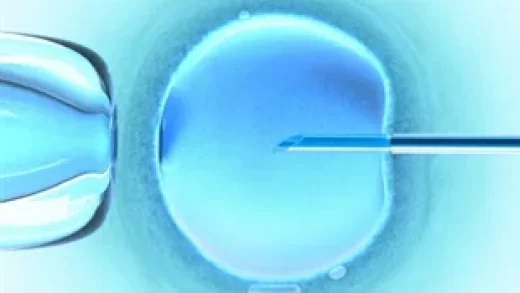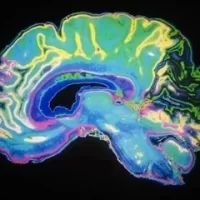Definitions and variations of diet culture abound. In conclusion, it’s a set of beliefs that elevates a purportedly “perfect” physical size and denigrates individuals who don’t conform to it.
It contributes significantly to the spread of disordered eating, obsession with food and the body, and weight stigma, all of which can deprive people of their time, health, happiness, and money. In fact, the weight-loss market in the U.S. was estimated to be worth $72.6 billion in 2021, and it is expected that this amount will keep rising yearly.
Diets and weight loss are promoted by the industry as a means of achieving the “right” body size, health, more self-esteem, higher status, and an all-around positive body image.
The issue(s)?
1. There is no “right” physical type or composition. Everybody has a distinct perception of what is healthy.
2. When it comes to nutrition, there are many factors that the diet and weight-loss industry frequently ignores, including culture, genetics, food access and affordability, health conditions, food sensitivities, flavor preferences, activity levels, and more.
3. The emphasis of the diet culture is on restricting calories, particular foods, or entire dietary groupings. This kind of rigidity is unsustainable from a physiological and psychological standpoint, which is why the majority of diets fail. According to research, persons who tend to overeat who were instructed to abstain from their favorite snacks for 24 hours consumed 133 percent more food than those who received no instructions.
A remedy for diet culture?
Create an abundant mentality when it comes to your diet. Adopting this kind of mindset can help you establish a healthy way of thinking about the foods you add to your lifestyle rather than focusing on taking things away. It puts all foods on a level playing field and helps you make nutrition choices based on motivation rather than fear.
Here are some ways you can implement a mindset shift.












